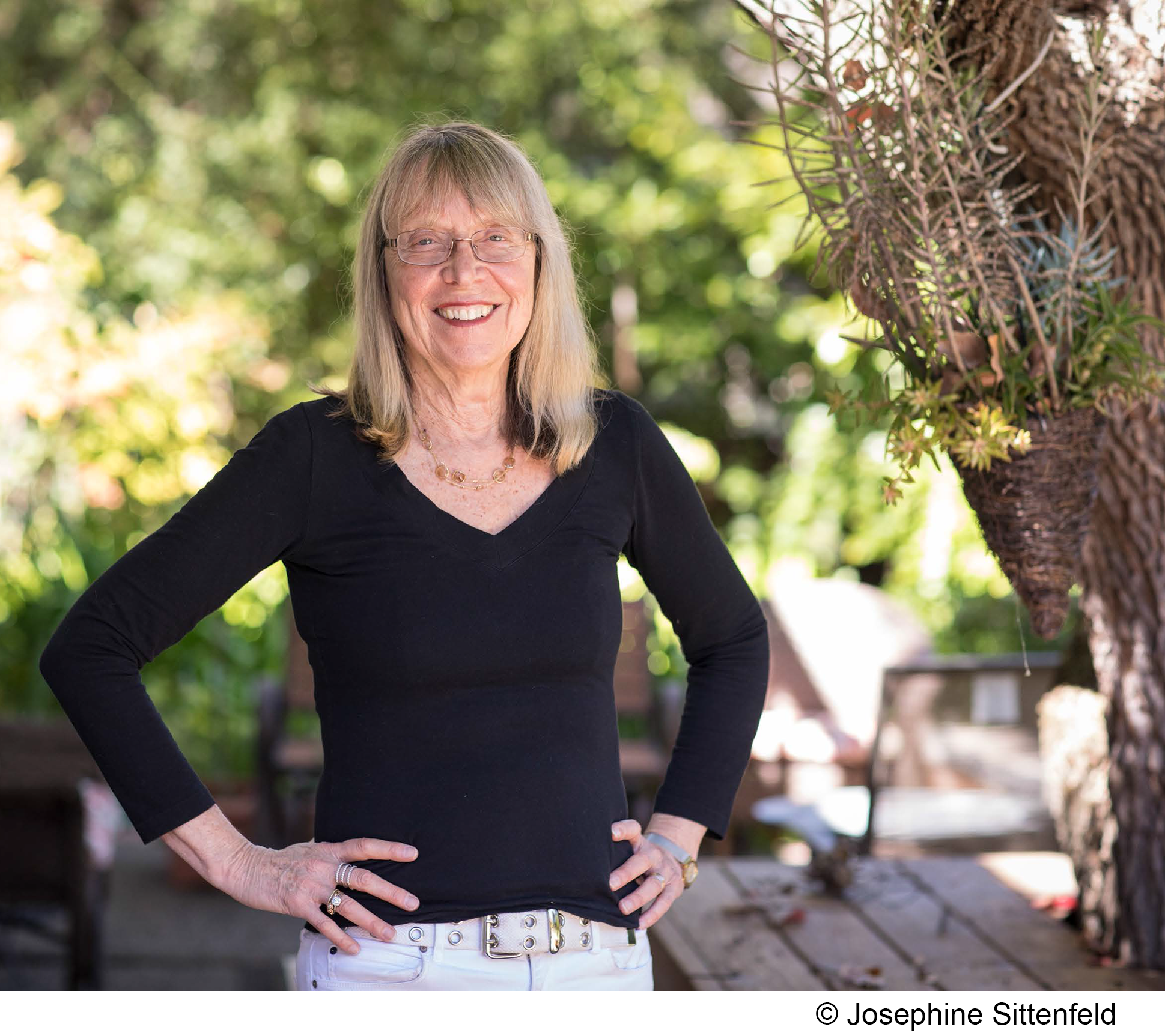So you have some flaws. You’ve identified some behaviors you want to change. Maybe you get irritated easily and often. Instead of feeling guilty or defeated, think about this: You are the best model possible for your child. Why? Because the process of change is an incredibly powerful lesson. A child can’t learn this from a parent who’s perfect all the time (and of course no parent is), and they won’t learn it from a parent who repeats the same bad behavior over and over again. Consider yourself lucky: You have a golden opportunity. You can teach your child how to become a better person by being a living example. I’m not saying it’s easy. Sorry to break it to you. It probably won’t happen overnight. It might take a few months. But with time and patience, I believe anything is possible. If your child sees you working on your anger, she will learn to work on her own issues. Having the mind-set that behavior can be changed and then showing your children that you are working on it with their help proves to them it can be done.
There are all kinds of theories and methods out there, but change for parents comes down to these three principles:
BE AWARE AND WILLING.
The first step to making any kind of change is awareness. You have to recognize the problem before you set out to solve it. Pause for a moment and study the problematic behavior. Why are you doing it? Is it largely unconscious? Did you pick it up from your own parents? Is it coming out of some anxiety or insecurity you feel about yourself when it comes to parenting? No matter the reason, try to learn from it. Identify a pattern that you might be stuck in. But then let it go. Forgive yourself. You’ll save a lot of time and pain. I remember how difficult it was to admit to my- self that I’d made mistakes with my daughters (and I made so many of them). I wasn’t always who I wanted to be as a mother. There were times when I got mad, or punished my daughters the wrong way. I completely lost my patience. But this happens to all of us. And, for my part, I realized I’d inherited this behavior over generations. Once I was aware of what I wanted to change, though, I was committed. I believed in myself. I started by asking their forgiveness and admitting that I was wrong (just like the time I looked at Janet’s diary). We keep learning as parents — in fact, we never stop learning until we die. We can change if we set our minds to it. We can always be better. Think about your children and how important they are to you. They are worth the effort.
IDENTIFY AND SHARE YOUR GOAL.
Pick just one thing to change at a time, not everything. I suggest you start with the behavior that most impacts your child. Maybe you need to be more patient when your son is getting ready for school. Maybe you need to start exercising and showing your daughter the power of healthy habits. Or you want to repair your relationship with your mother, and in do- ing so, teach your children a profound lesson in forgiveness. What- ever it is, share this goal with your child. You can say something like, “My goal is to be more patient with you in the morning. Can you help me figure out what I should focus on first? What bothers you the most? Why are mornings so difficult for us?” This definitely makes you vulnerable and caring, and will get your child’s attention. This is an opportunity for them to see that Mom and Dad are real people with hopes and dreams and failures and imperfections. And most kids want to help their parents. Sophie, Anne’s daughter, always has great suggestions even though she’s only seven. She’ll say, “Mommy, you can let me do more things with my friends by myself,” or “Kids know what they want to do. You just need to let them do it.” Explain that everyone is trying to improve, and so are you as a parent. Also say why you want to make a change. What do you want to show your child, what lessons do you want to impart? And why is this so important to you? Why start with this goal? Why start now?
BE FLEXIBLE AS YOU PURSUE A SOLUTION.
So you had the best of intentions, but you lost your cool with your son again. You worked overtime and didn’t jog with your daughter like you’d promised. Things with your mother are even harder than you’d thought. It’s okay. Like so many things, behavior change might not work on the first try. But that’s not a reason to abandon your goal. Changing our behavior as adults is a lot like writing. You have to sketch out a first draft to get a feel for what you want to say. Then you have to go over it again and again, finding those run-on sentences and errors in logic. You’ll feel a lot saner if you don’t expect perfection out of the gate. Stick to your goal, but be flexible. Maybe the strategy you designed isn’t working. Why not? What’s getting in your way? How can you fix the problem and move forward? Is there a creative solution you haven’t thought of? Can your children help you troubleshoot? Can they play an important role in the process? Maybe the night before school, your son can set out the clothes he wants to wear, or you can have him remind you to take a deep breath when he’s running a few minutes late. Don’t be afraid to enlist your child’s help and support. In doing so, you’ll show him how much determination it takes to change. And don’t forget to keep a journal of your progress so you can look back and see how much change you’ve made. A written record will keep you motivated and committed, and writing can spark even more ideas about smart revisions to your plan.
Excerpted from HOW TO RAISE SUCCESSFUL PEOPLE by Esther Wojcicki. Copyright © 2019 by Esther Wojcicki. Published and reprinted by permission of Houghton Mifflin Harcourt. All rights reserved.
Follow us here and subscribe here for all the latest news on how you can keep Thriving.
Stay up to date or catch-up on all our podcasts with Arianna Huffington here.


